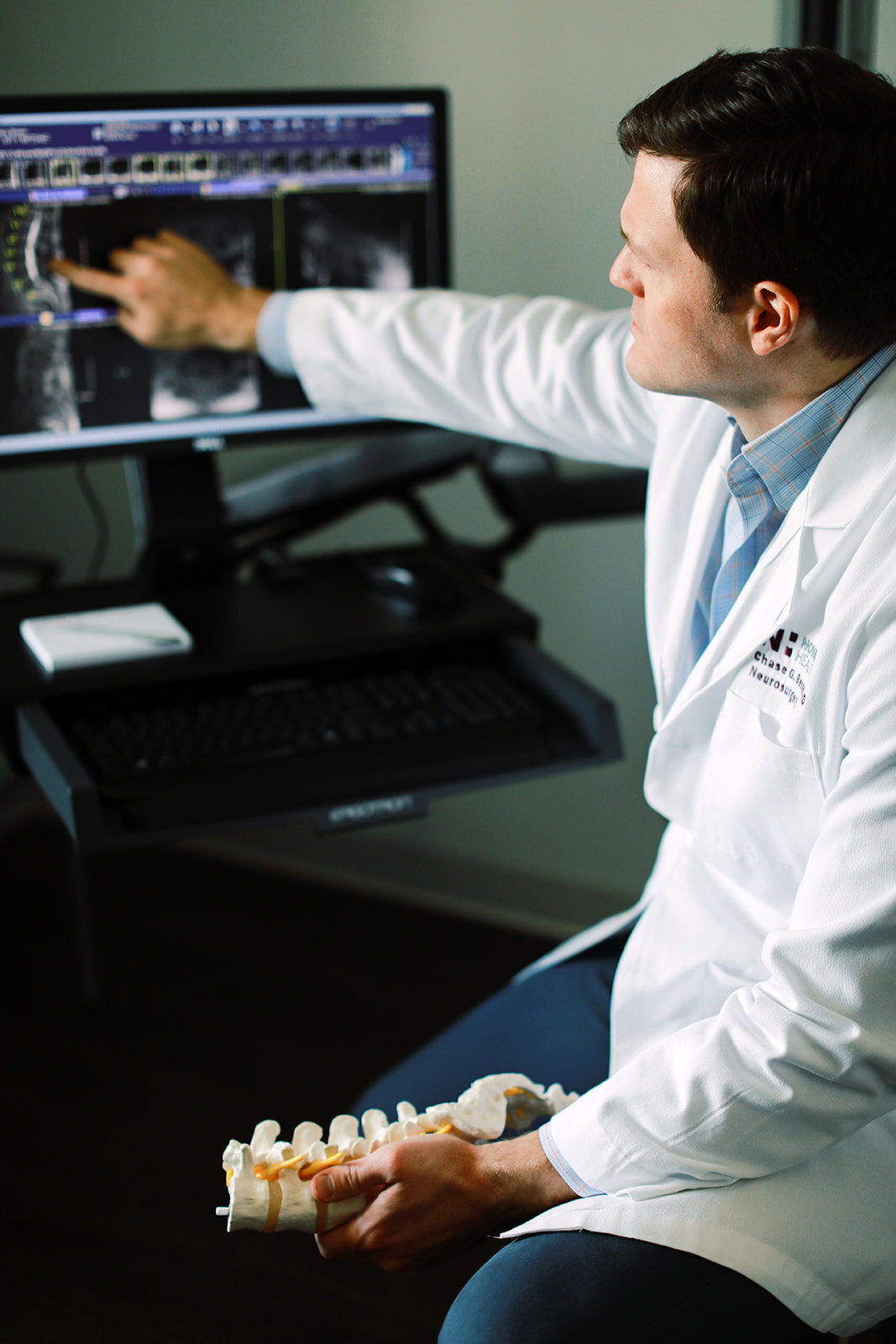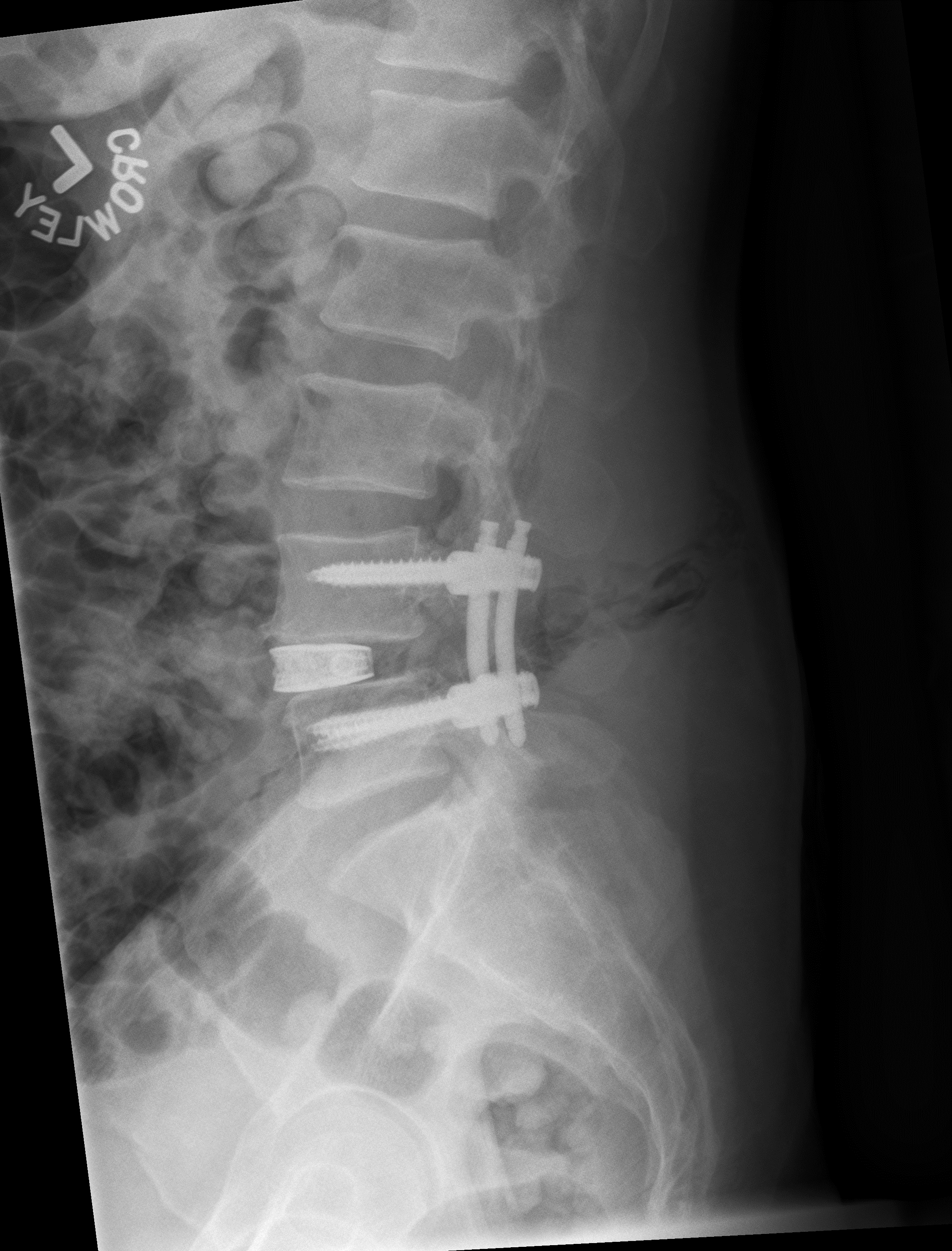If you have any questions about minimally invasive spine surgery, please call or visit our office or your primary/referring physician. This information is not a replacement for in-person professional medical advice.
General overview
A substantial portion of Dr. Bennett’s practice is dedicated to treating spinal problems through minimally invasive strategies. In fact, Dr. Bennett often brings bits and pieces of these techniques to almost every aspect of his practice, even when a strictly MIS surgery is not possible or practical. Often this involves strategically placing multiple smaller incisions on different parts of the body with the benefit that there is substantially less collateral damage below the skin. For example, in traditional lumbar fusions, a single long incision is made on the patient’s back and all of the supporting musculatures are detached from the spine.
What to expect
For most of Dr. Bennett’s patients, the spinal musculature is left intact and Dr. Bennett works around these attachments through strategic incisions. This results in significantly shorter hospital stays, lower infection rates, and a fraction of the blood loss. Dr. Bennett is also a strong believer that it leads to better long term outcomes and a reduced risk of needing future spine surgery.
Frequently asked questions
What is the difference between minimally invasive spine surgery and traditional open posterior spinal surgery?
In minimally invasive spine surgery, a surgeon has specifically trained to perform spinal procedures through small incisions. The benefits of minimally invasive surgery include
less blood loss
potential lower post-operative time in the hospital
muscle-sparing procedure
potential quicker recovery time
Can any surgeon perform minimally invasive spine surgery?
While all surgeons are trained on various procedures that involve spinal surgery, surgeons like Dr. Bennett have trained specifically to address pathologies with minimally invasive approaches.
PATIENT TESTIMONY
“I tell everyone I feel like Superman,” he said. “I had all of the faith in the world that Dr. Bennett could do it. And even at the hospital, he took the time to give my wife a call during the procedure to let her know how I was doing. He sees surgery from his side, but also from the family side.””




